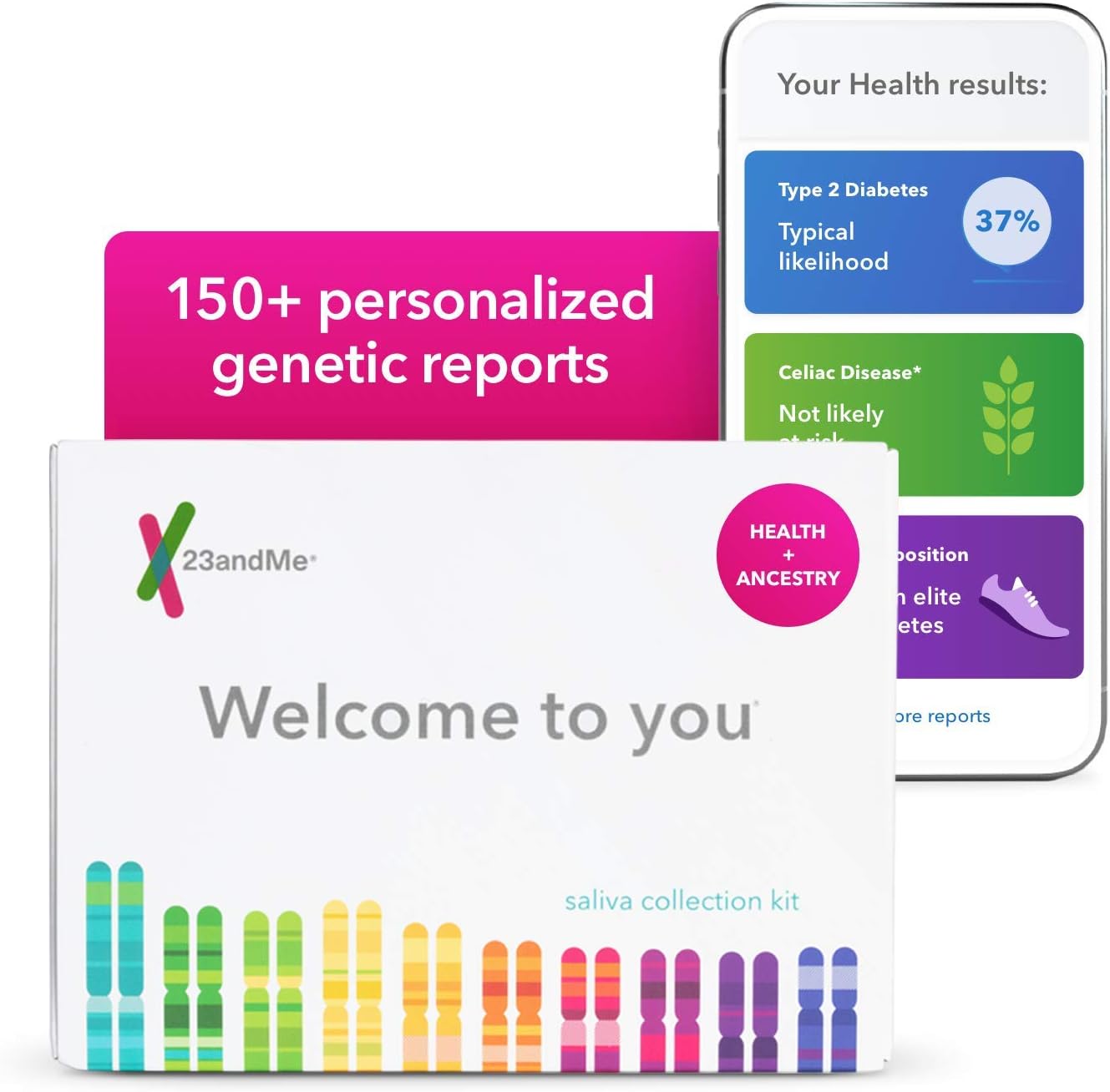Health Tests
Home health tests refer to a wide range of medical tests and diagnostic tools that individuals can use in the comfort of their own homes. These tests are designed to provide users with valuable health information without the need for a visit to a healthcare provider or a medical laboratory. They are typically available for purchase online or at pharmacies and may include the following types of tests:
Blood Glucose Monitoring: People with diabetes often use home blood glucose monitors to check their blood sugar levels. These devices help individuals manage their condition by tracking fluctuations in blood sugar and making informed decisions about medication and diet.
Blood Pressure Monitoring: Home blood pressure monitors allow individuals to measure their blood pressure regularly. This is especially useful for people with hypertension or those who want to keep an eye on their cardiovascular health.
Cholesterol Tests: Home cholesterol test kits provide information about a person's cholesterol levels, including LDL (low-density lipoprotein) and HDL (high-density lipoprotein) cholesterol. High cholesterol levels can increase the risk of heart disease.
Pregnancy Tests: Home pregnancy tests are commonly used to detect pregnancy by measuring the levels of the hormone hCG (human chorionic gonadotropin) in a woman's urine. They are easy to use and provide quick results.
Ovulation Tests: Ovulation prediction kits help women track their menstrual cycles and identify the most fertile days for conception.
STD Tests: Some home test kits allow individuals to screen for sexually transmitted diseases (STDs) like chlamydia, gonorrhea, and HIV. These tests typically involve collecting a sample (e.g., urine or blood) and mailing it to a laboratory for analysis.
Allergy Tests: Allergy test kits can help individuals identify specific allergens that trigger allergic reactions. These tests often involve collecting a sample, such as a blood sample, and sending it to a lab for analysis.
DNA Tests: Home DNA test kits, such as ancestry and genealogy tests, are popular for uncovering genetic heritage and familial connections.
COVID-19 Tests: During the COVID-19 pandemic, home COVID-19 test kits became widely available. These tests involve swabbing the nose or throat and using a test kit to detect the presence of the virus.
It's important to note that while home health tests can provide valuable information, they are not a substitute for professional medical advice and diagnosis. Positive results from home tests should be discussed with a healthcare provider for confirmation and guidance on next steps.Additionally, the accuracy and reliability of home health tests can vary, so it's crucial to follow the instructions provided with each test kit carefully.
Always consult the specific product instructions and guidelines for any home health test you use, and seek medical advice when appropriate for your health concerns.
